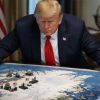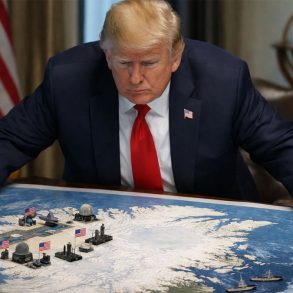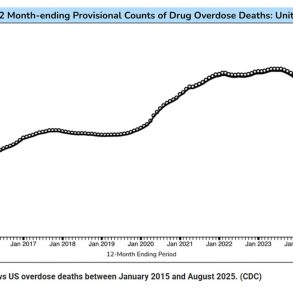A Mistake That Opened the Door to War
At the G7 summit in Canada, President Donald Trump reignited a long-standing debate over Russia’s expulsion from the elite group of global economic powers. Speaking before reporters, Trump laid blame for the ongoing war in Ukraine not just on Russian President Vladimir Putin, but on what he called a serious misstep by Western leaders more than a decade ago.
“This was a big mistake,” Trump said. “You wouldn’t have that war.”
Trump specifically pointed the finger at former President Barack Obama and former Canadian Prime Minister Justin Trudeau for pushing Russia out of what was then the G8. Russia was suspended in 2014 following its annexation of Crimea, a move that was condemned by most of the international community. But Trump argued that removing Russia from the diplomatic table only deepened divisions.
“He wasn’t really an enemy at that time,” Trump said. “You have your enemy at the table… That’s how you keep the peace.”
Keeping Putin Close
Trump’s central message was clear: engagement prevents escalation. He emphasized that, had Russia remained part of the G8, the world might have avoided the war in Ukraine altogether.
“If I were president, this war would have never happened,” Trump insisted. “And you wouldn’t have a war right now if he were a member of what was called the G8.”
The former president added that Putin had taken the expulsion personally.
“Putin speaks to me; he doesn’t speak to anybody else,” Trump said. “He was very insulted when he got thrown out of the G8. And I mean, he was thrown out by Trudeau, who convinced one or two people along with Obama. He basically doesn’t even speak to the people who threw him out. And I agree with him.”
Supporters Back the Strategy
Trump’s comments struck a chord with many of his supporters, who believe his ability to maintain relationships with powerful – and even adversarial – leaders is one of his strengths.
“He keeps his enemies close, and that’s what leadership is about,” said Mark Bradley, a political strategist aligned with Trump’s camp. “You can’t influence someone you’ve cut off. Trump knows diplomacy isn’t about liking someone. It’s about managing them.”
Others pointed to Trump’s record with North Korea, China, and NATO, where he often pursued unconventional but sometimes effective engagement strategies.
Critics Say It’s Revisionist History
Not everyone agreed with Trump’s assessment. Critics argue that Trump is oversimplifying a complex geopolitical situation and excusing Putin’s aggression.
“Russia annexed Crimea and destabilized Eastern Ukraine,” said former NATO ambassador Ivo Daalder. “That’s why they were removed. To pretend keeping Putin in the G8 would have prevented this war is naïve at best.”
Matthew Goodman from the Council on Foreign Relations added that Trump’s openness to including not just Russia but even China in the G7 would dilute the group’s mission.
“The G7 has always been a forum for liberal democracies,” Goodman said. “Trump’s suggestion to invite authoritarian states undermines that core principle.”
Trump has never shied away from the idea of dealing with world leaders that others consider too difficult or too dangerous. At the summit, he even floated the idea of including China in a possible expansion of the group.
“It’s not a bad idea,” Trump said. “You want to have people that you can talk to.”
That notion encapsulates Trump’s broader foreign policy approach: he sees influence not through isolation but through interaction, even with adversaries.
As Canadian Prime Minister Mark Carney noted during the summit, “The G7 is nothing without U.S. leadership.” Trump, in turn, is showing what that leadership looks like—at least in his view.
Whether one sees his outreach as pragmatic diplomacy or reckless friendliness, Trump’s comments have reopened a conversation about whether keeping adversaries in the room might, sometimes, be the best way to keep them from picking up a weapon.
NP Editor: It is true that Putin attacked Ukraine to maintain his warm water military base, it is strategic real estate too valuable to lose. But there are a dozen other ways he could have kept it, should the lines of communication have stayed open.








